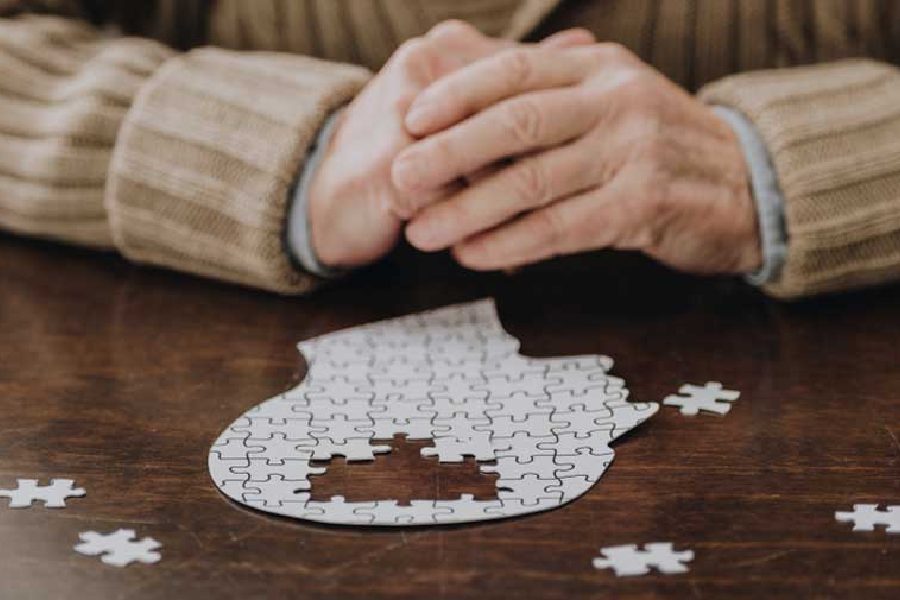The use of social media might help dementia patients in social interaction and fight the disease, said experts.
Geriatric physician P.K. Pooviah said he recommends the use of various social media and the internet and online socialising for his dementia patients.
"Social media helps patients fight isolation and encourage them to socially interact. I encourage my patients to use various social media like Facebook, Instagram and others to keep in touch with friends and family and interact with them. I ask the family members of aged dementia patients to teach them the use of social media. It also helps them keep themselves informed and they can be abreast of everything that is happening around them," Pooviah said while speaking at a seminar on World Alzheimer's Month titled "Brain Health is Brain Wealth", organised by Alzheimer's and Related Dementia Society of India (ARDSI), Calcutta chapter, on Sunday.
Also, handling and using touchscreen phones help in motor neuron movement. However, excessive use of social media is again not a good thing, he clarified.
"Many of my patients spend hours at night watching YouTube, which affects their sleep. I am not recommending doing that," he said while talking about various symptoms of the disease.
There has been a recent breakthrough in Alzheimer's disease research that has led to the development of a couple of amyloid inhibitors in western countries which can slow down the disease. But such drugs, however, will take a while to be available here at an affordable price, said Amitabha Ghosh, president of ARDSI and head of the neurology department of Apollo Gleneagles Hospitals.
The drugs, he pointed out, will only manage the disease, not cure it. "We don't cure anything, think of blood pressure, arthritis, diabetes, bronchitis, coronary diseases, we have only been able to slow down these diseases. So also for Alzheimer's," said Ghosh.
"We have a pressing need to find ways of not having dementia, or detecting it very early and seeing what measures we can take to slow it down. The brain is like a network and the toxic proteins break down the network over many many years, and the network dies out. The first symptoms appear after many many years of such breakdowns," he said.
Neurologist Atanu Biswas pointed out that in a population of 124 crore, a large number of middle-aged population who are progressing towards old age are vulnerable to Alzheimer's.
"A large number of veteran people are already suffering from AD. In a few years, the number of such patients will increase threefold. India and China, the two most populous countries, have a huge number of middle-aged people and I hope the government will have policies regarding this," he said.
Talking about how to distinguish between ordinary memory loss caused by ageing and dementia, Biswas said: "Some of the forgetfulness happens because of lack of concentration, like forgetting the name of something, which later returns. People who multi-task often forget. But when people start to forget episodes that happened a week or a month ago, episodic memory loss might be a symptom of early AD. These are classic symptoms. If you can't negotiate space at home, cannot do financial transactions during shopping or forget to write a cheque, then its time to monitor yourself and get screened for AD."
Stress is another factor. "Errors and forgetfulness are part of life. Stress is part of life, but acute stress often inhibits concentration. Like I opened a fridge and forgot why I opened it. Chronic stress over a period of time affects normal life and then we have to take care," he said.
Psychiatrist Satyajit Ash pointed out that depression often causes dementia. "Chemical balance in the brain gets imbalanced with depression and anxiety. People who ruminate a lot, who constantly have negative thoughts in their mind, are prone to dementia," he said.






